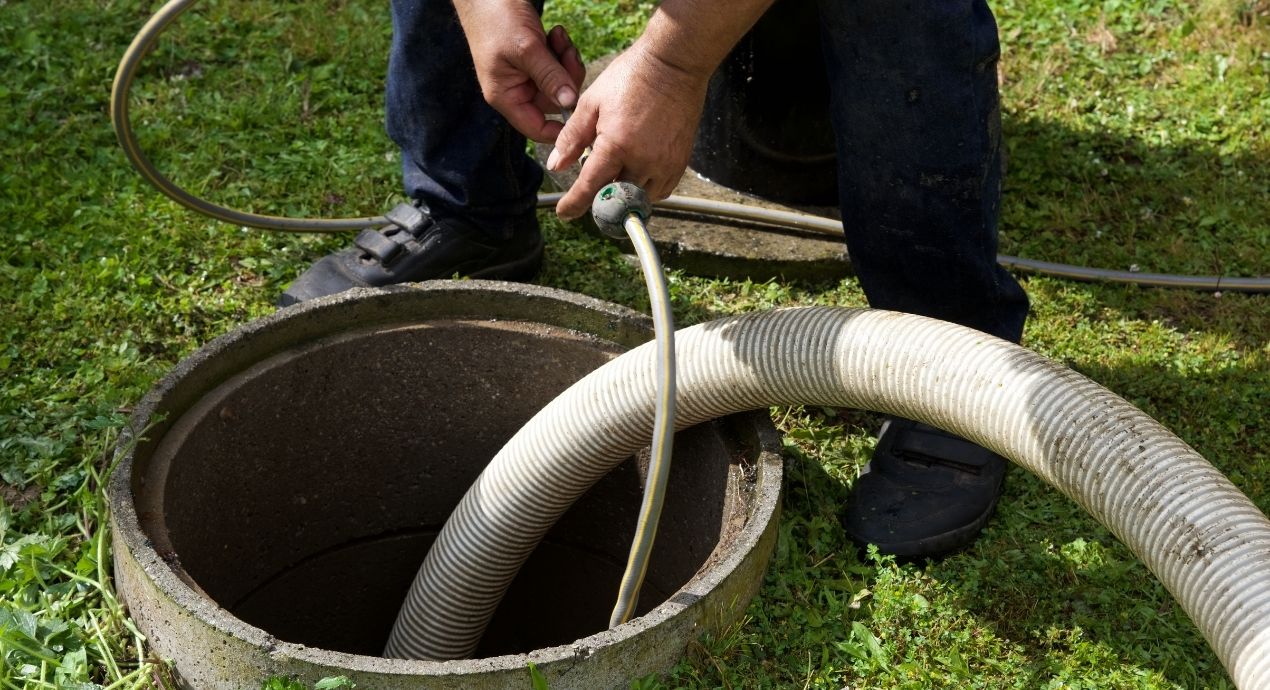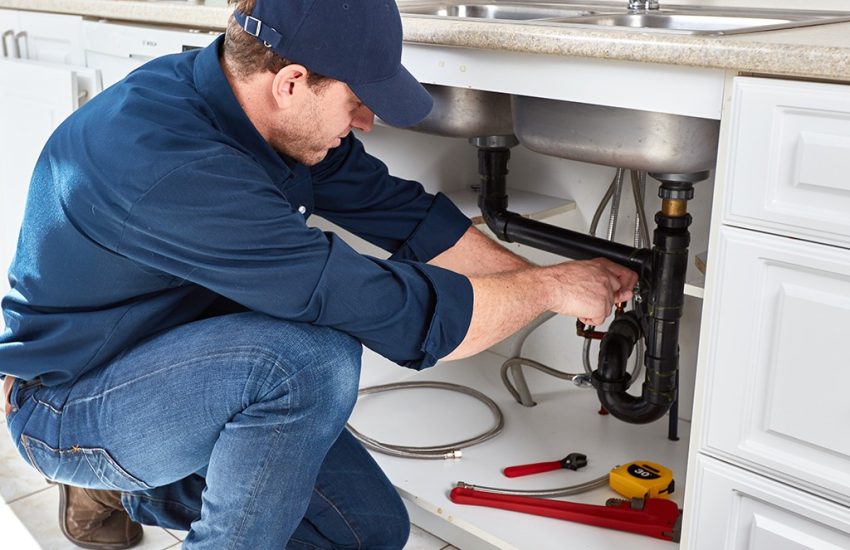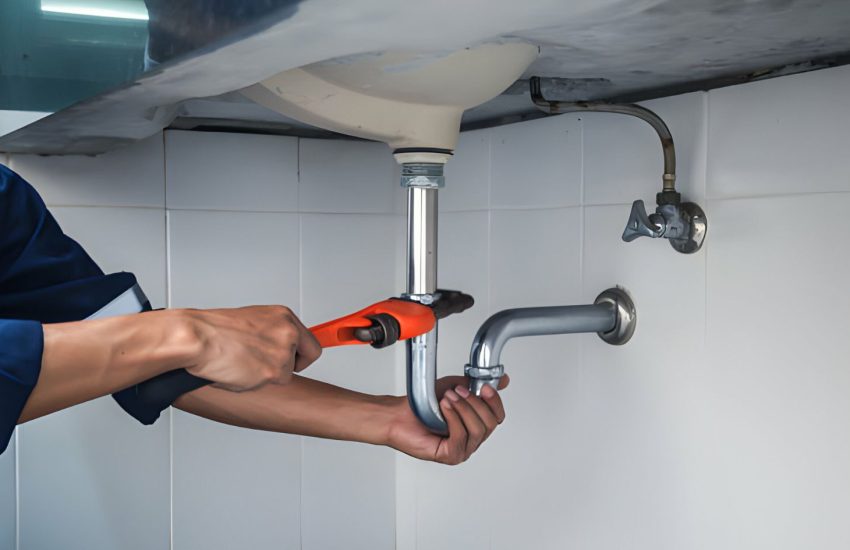Exploring the Key Issues in Septic System Maintenance
A functional septic system is crucial for treating and disposing of household wastewater effectively. Identifying potential septic system issues early can prevent costly repairs and ensure environmental safety. Regular inspections and maintenance are necessary to detect and address these issues before they escalate, safeguarding your home’s sanitation infrastructure. Being aware of common problems can help homeowners manage their systems more efficiently and avoid significant inconveniences.
Find below some key issues that you might encounter in your septic system maintenance.
Pipe blockages
One of the most common issues in a septic system is the blockage of the pipes leading from the house to the tank. These blockages are often caused by flushing inappropriate materials such as wipes, feminine hygiene products, or even excessive amounts of toilet paper. Blockages can lead to backups in your home’s plumbing system, which are messy and pose health risks.
Tank overflows
If the septic tank is not pumped regularly, solids can build up and eventually lead to an overflow. This overflow can result in wastewater seeping into your yard, which is not only unpleasant but also a serious health hazard and can contaminate local water sources.
Drainfield failure
The drainfield is where the final treatment of the effluent takes place through a filtering process in the soil. If the drainfield is overloaded with too much liquid or clogged with solids, it can fail to treat the wastewater properly. Signs of a failing drainfield include soggy ground around the drainfield area or foul odors emanating from it.
Cracks in the tank
Septic tanks, especially older ones made of concrete or steel, can develop cracks or rust holes. These structural failures can lead to leaks of untreated sewage into the surrounding soil, potentially contaminating groundwater. Regular inspections can help catch these issues early before they lead to environmental damage.
High water table
A high water table can severely impact a septic system’s efficiency. During periods of heavy rainfall or melting snow, the ground water level can rise, saturating the drainfield. This saturation prevents the soil from adequately filtering the effluent before it reaches groundwater, potentially leading to contamination and system failure. Monitoring weather patterns and adjusting system usage during wet seasons can help mitigate this issue.
To conclude
Maintaining a septic system requires vigilance and an understanding of the common issues it may face. Homeowners should undertake regular inspections and pump their tanks as advised by professionals to prevent these problems. By staying informed and proactive about septic system maintenance, you can ensure the longevity and efficiency of your system, protecting both your property and the environment.



